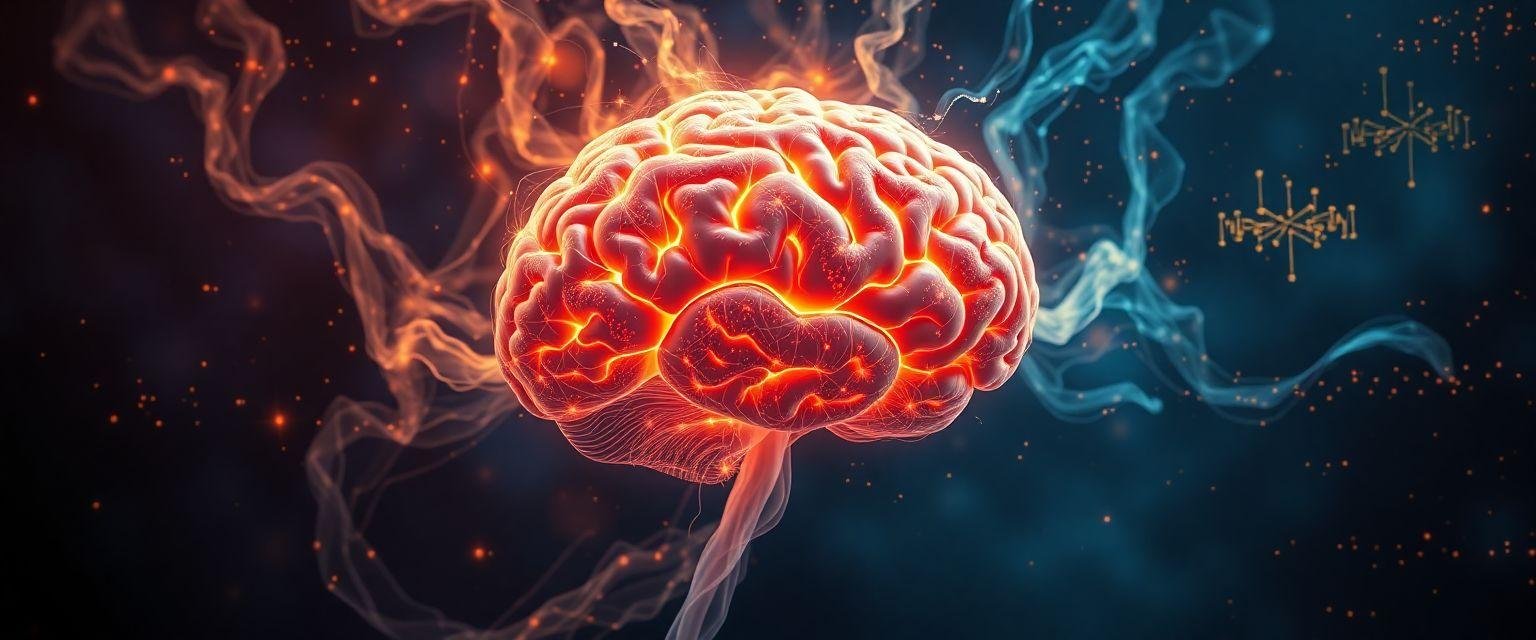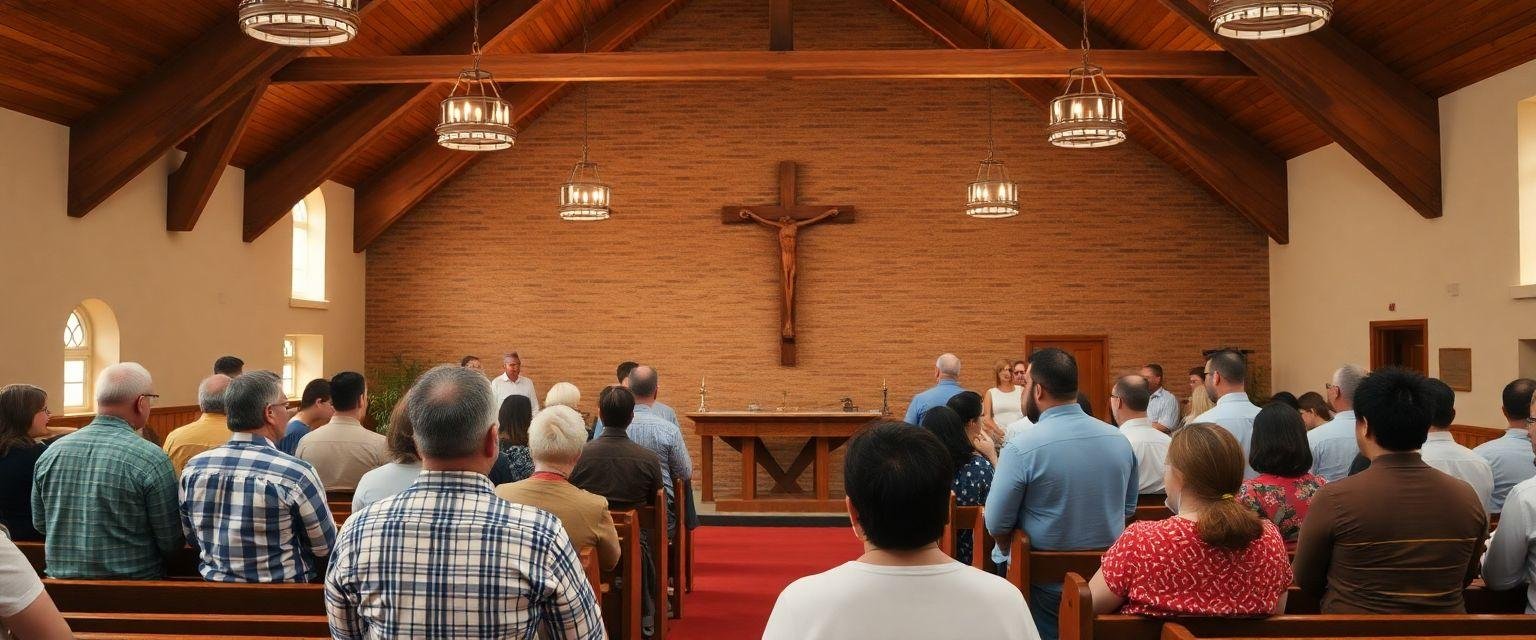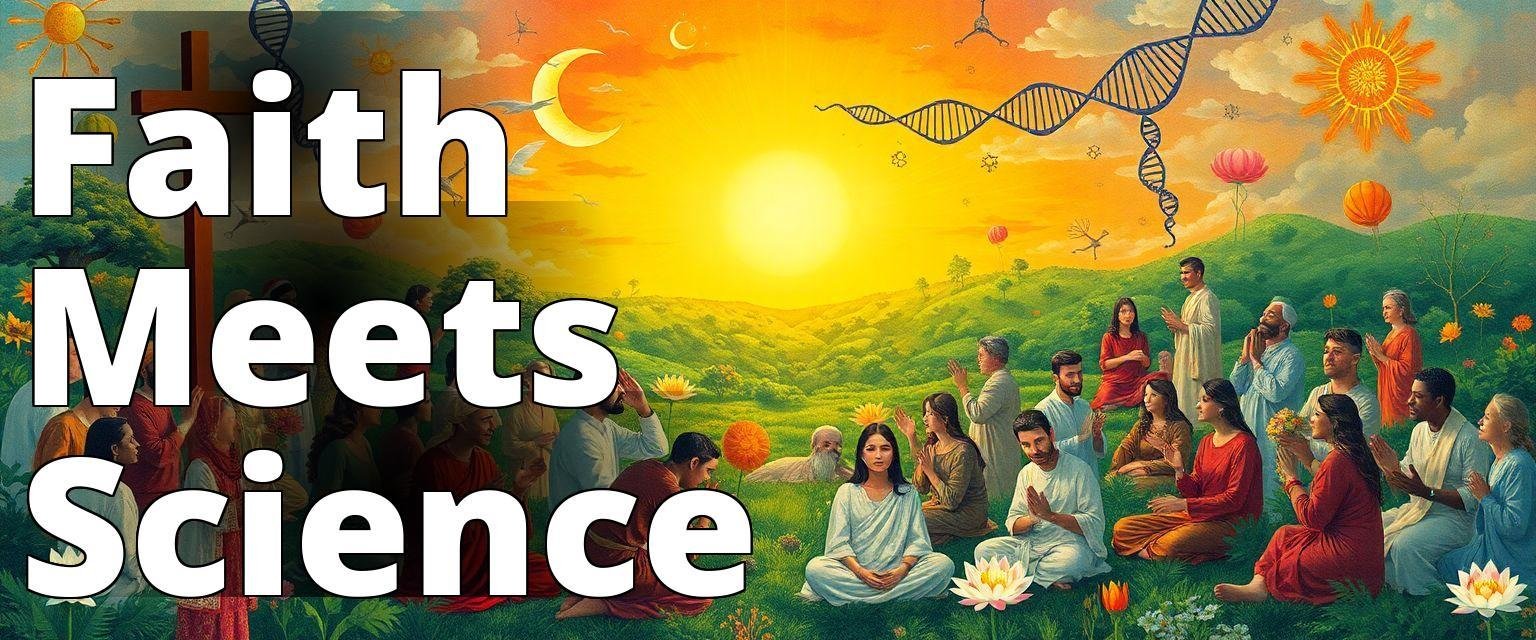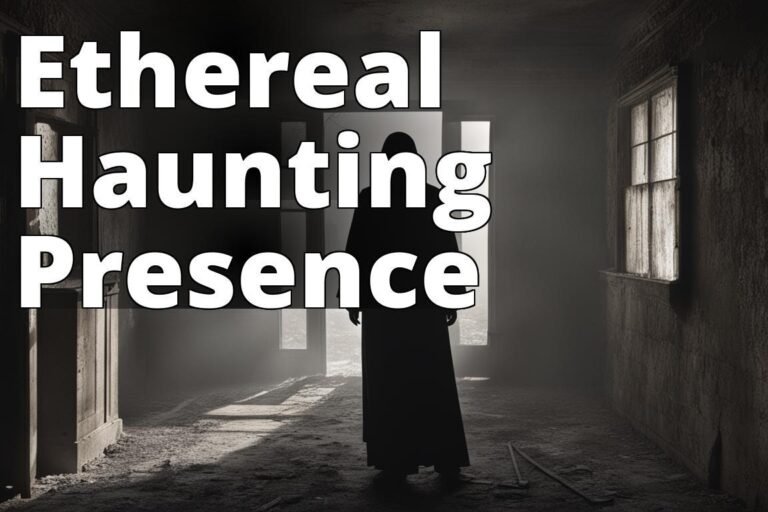The Science of Religion: Why Humans Need God
When we explore the science of religion, we dive into a world where belief and biology intertwine in a fascinating dance of necessity and mysticism. The question isn’t just whether God exists but why humans have an intrinsic need for such a belief. The need for a higher power seems woven into the fabric of our being, a constant thread through the tapestry of human history. Is it a psychological crutch, a social construct, or something more profound and essential for our survival as a species?
The Science of Religion: Why Humans Need God

To understand why humans need God, we must first acknowledge the role religion has played throughout human history. Anthropologists and historians alike have observed that religion has been central to virtually every society, from the earliest hunter-gatherers to modern-day city dwellers. This persistent presence suggests there is something about religion that fulfills a fundamental human need. But what is it?
One perspective is that religion provides a framework for understanding the world and our place within it. Consider the cognitive science of religion, which suggests our brains are hardwired to see patterns and infer intentionality, even where none exists. This is known as the “hyperactive agency detection device” (HADD), a term coined by cognitive scientist Justin L. Barrett. Our ancestors who perceived agency in rustling bushes were likely more cautious and thus more likely to survive. This evolutionary advantage potentially explains why humans are predisposed to believe in gods and spirits.
Furthermore, religion often serves as a source of comfort and hope, providing explanations for life’s greatest mysteries and assurances in the face of the unknown. Neuroscience has shown that religious experiences can activate the brain’s reward systems, leading to feelings of happiness and contentment. The brain’s frontal lobes, which are associated with self-control and planning, are more active during religious practices, suggesting that these activities also help individuals achieve a sense of purpose and direction.
Religion, Community, and Social Cohesion

Beyond individual needs, religion plays a crucial role in fostering community and social cohesion. Emile Durkheim, a pioneer in sociology, argued that religion is fundamentally about building social bonds. Religious rituals and gatherings strengthen community ties, create a shared identity, and promote cooperation among group members. This is evident in the way religious institutions often serve as centers for communal life, providing support networks and a sense of belonging.
Religion’s role in social cohesion is supported by research from Harvard University’s Robert Putnam, who studied the impact of religion on social capital. In his book “Bowling Alone,” Putnam found that religious individuals tend to be more civically engaged, volunteer more, and are more likely to help others, which enhances social cohesion and community welfare.
But could this social aspect of religion be a double-edged sword? While religion can unite, it can also divide, creating in-groups and out-groups that sometimes lead to conflict. How do we balance the unifying and divisive aspects of religion to maximize its positive impact on society?
The Psychological Benefits of Belief

On a psychological level, belief in a higher power has been linked to various mental health benefits. Studies have shown that religious individuals often report higher levels of happiness and well-being compared to non-religious individuals. This phenomenon is partly due to the stress-reducing effects of religious practices such as prayer and meditation, which can lower blood pressure and reduce anxiety.
Additionally, religion can provide a framework for coping with life’s challenges. The concept of “religious coping” refers to the way individuals use their faith to deal with stress and adversity. This can involve seeking support from a higher power, finding meaning in suffering, and fostering a positive outlook on life. Religious coping has been associated with better mental health outcomes, including lower rates of depression and greater resilience in the face of trauma.
However, it’s important to consider whether these psychological benefits are inherently tied to belief in a deity, or if they can be achieved through secular means. Can the sense of purpose, community, and well-being that religion provides be replicated outside of a religious context?
A Personal Journey: Finding Faith in Uncertain Times
Growing up in a small town, I was always surrounded by a tight-knit community where religion played a central role. My parents took me to church every Sunday, and I found comfort in the familiar rituals and teachings. However, as I transitioned into adulthood, I began to question my faith. It was during my college years that I faced a significant personal crisis: my father was diagnosed with terminal cancer.
In the midst of this turmoil, I found myself grappling with existential questions about life, death, and purpose. I remember sitting in my dorm room, overwhelmed with grief, and feeling utterly lost. It was then that I decided to attend a campus interfaith group meeting, hoping to find solace. Listening to others share their stories of faith and doubt, I realized I wasnt alone in my struggles.
One particular story struck a chord with me: a fellow student named Sarah spoke about her own fathers illness and how her faith had been a source of strength for her during that time. She described how her community rallied around her family, providing not just emotional support but also a sense of belonging that made the burden of grief a little lighter. Inspired by her experience, I reached out to my local church community, and they welcomed me with open arms.
Through this journey, I rediscovered the importance of connection and the role of faith in providing resilience during challenging times. This experience reinforced the idea that, for many, the need for God is deeply intertwined with the need for community and support in the face of life’s uncertainties.
Evolutionary Perspectives on Religion’s Adaptive Value

From an evolutionary perspective, religion may have conferred adaptive advantages that helped our ancestors survive and thrive. Evolutionary biologists like Richard Dawkins and David Sloan Wilson have proposed that religious beliefs and behaviors emerged because they enhanced group survival. These advantages could include fostering cooperation, creating social norms, and encouraging altruism.
Group selection theory suggests that groups with strong religious ties may have outcompeted less cohesive groups, leading to the propagation of religious traits. This theory posits that religion helped to create cohesive social units that were better able to defend against external threats and exploit resources effectively. But does this mean that religion is merely a byproduct of evolution, or is there something innately spiritual that transcends biological imperatives?
The Future of Religion in an Increasingly Secular World

As society becomes more secular, particularly in Western countries, the role of religion is evolving. According to the Pew Research Center, the number of people who identify as religiously unaffiliated is growing. This trend raises questions about the future of religion and its place in modern life. Will humanity outgrow the need for religion, or will it adapt to new cultural landscapes?
Despite increasing secularization, the core human needs that religion fulfillscommunity, existential understanding, and psychological comfortremain. New forms of spirituality and community-building are emerging, suggesting that religion will continue to evolve rather than disappear. The rise of spiritual but not religious (SBNR) individuals indicates a shift toward personalized belief systems that retain the benefits of traditional religion while discarding dogma.
What role will technology play in shaping future religious experiences? Virtual reality and artificial intelligence have the potential to create immersive spiritual experiences and new forms of religious expression. Can these technologies enhance our understanding of the divine, or will they further distance us from traditional beliefs?
Conclusion
In exploring the science of religion and why humans need God, we uncover a complex interplay of biology, psychology, and social dynamics. Religion has been a vital part of human life for millennia, providing meaning, community, and comfort. While the form and expression of religion may change, the fundamental needs it addresses are likely to persist.
As we continue to question and redefine our beliefs, we must consider how religion and spirituality can adapt to meet the challenges of modern life. Whether through traditional faiths or new spiritual paradigms, the search for purpose and connection remains a central aspect of the human experience. The science of religion offers valuable insights into this enduring quest, encouraging us to reflect on what it means to be human and why we seek the divine.
For further exploration of the intricate relationship between religion and the human experience, visit Pew Research Center’s report on religious trends.
Internal Link: For more insights on related topics, explore our extensive index of articles.
Frequently Asked Questions
Question: What is the science of religion about?
Answer: The science of religion studies the psychological and social needs for God.
Question: Who benefits from understanding why humans need God?
Answer: Everyone can benefit, as it offers insights into faith and community bonding.
Question: How does religion fulfill human psychological needs?
Answer: Religion provides comfort, meaning, and a sense of belonging to individuals.
Question: What evidence supports the need for God in human life?
Answer: Research shows that faith can enhance mental well-being and resilience.
Question: Why do some people doubt the need for God in society?
Answer: Many argue that morality and purpose can exist independently of religion.
Question: How can science and religion coexist in understanding human needs?
Answer: Science can explain the psychological aspects while religion fulfills emotional needs.
The author is a distinguished scholar in the fields of psychology and religious studies, holding a Ph.D. from Harvard University, where their dissertation focused on the intersection of belief systems and mental health. With over a decade of research experience, they have published numerous articles in leading journals such as the Journal of the Scientific Study of Religion and Psychology of Religion, exploring the psychological benefits of faith and community. Their work has been cited in various studies, including a 2021 meta-analysis in the American Psychological Association’s journal, which demonstrated the mental health advantages of religious involvement. In addition to academic credentials, they have served as a consultant for non-profit organizations on the role of faith in community building, further solidifying their expertise. Their personal journey through uncertainty has inspired a deep understanding of the human need for spirituality, making their insights both informed and relatable.







